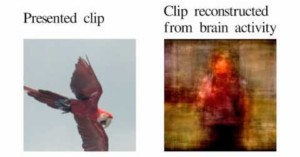
Human Camera: Scientists Reconstruct Pictures from Brain Activity
We’re now one step closer to being able to take photographs with our minds. Scientists at UC Berkeley have …

We’re now one step closer to being able to take photographs with our minds. Scientists at UC Berkeley have …

If Apple ever got into the photo printer business, this SWYP …

Gigalinc is an “immersive photography” project by University of Lincoln student …

According to the smart folks over at MIT, this video shows footage that …

In the future, after you print photos onto paper using your camera, you’ll be able to scan …

We may soon live in a world where the photographs in newspapers and magazines move like they do in …
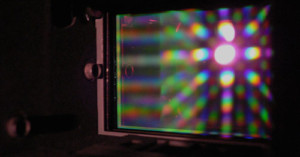
As technology improves, features that were once limited to expensive professional models often become available to the masses, but …

Last week it came to light to Amazon founder Jeff Bezos had filed …
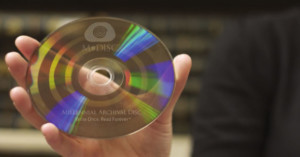
There's a good chance the digital photos you've stored on hard drives and DVDs won't outlive you, but what if there was a disc that could last forever? M-Disc, short for Millenial Disc, is a new type of disc that doesn't suffer from natural decay and degradation like existing disc technologies, allowing you to store data safely for somewhere between "1000 years" and "forever".

For his project "Back from the Future", photographer Sander Koot asked his subjects to find old photos of themselves that brought back good memories. He then made portraits of those people reliving those happy moments.
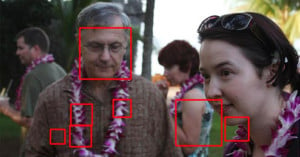
Facial recognition features are appearing in everything from cameras to photo-sharing sites, but have you thought about the different …
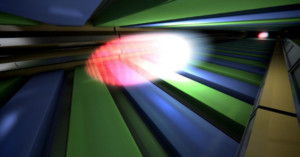
Having a camera that shoots 5000 frames per second is enough to capture slow motion footage of a bullet …

Facial recognition technology has become ubiquitous in recent years, being found in everything from the latest compact camera to websites like Facebook. The same may soon be said about location recognition.
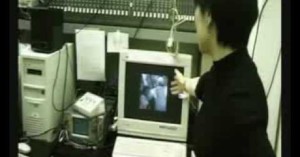
What if in the future, the human eye itself could be turned into a camera by simply reading and recording the data that it sends to the brain? As crazy as it sounds, researchers have already accomplished this at a very basic level.

The WVIL concept camera that made the rounds on the Internet featured a lens that could operate separately from …
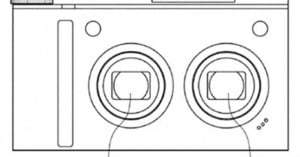
A compact camera probably isn't the first thing someone would grab when looking to make a photo with an extremely shallow depth-of-field, since the small aperture and small sensor limit it in this regard. That might soon be different: a recently published patent application by Samsung shows that the company is looking into producing achieving shallow depth of fields with compact cameras by using a second lens to create a depth map for each photo.
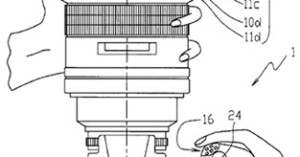
You might soon be able to control Nikon DSLRs using only your emotions. A patent published recently shows that …

Update on 12/18/21: This video has been removed by its creator.
CNBC ran this short segment a couple days ago in which they invited CNET's Dan Ackerman to explain the changing landscape in the digital camera industry. He thinks point-and-shoot cameras may soon become extinct due to the rise of camera-equipped phones, but also that DSLRs are the cameras here to stay.
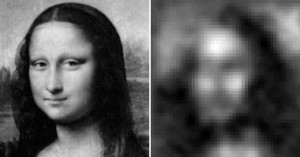
Thought the grain-of-salt-sized camera announced in Germany earlier this year was small? Well, researchers at Cornell have …

Robots might not be able to convey emotions or tell stories through photographs, but one thing they’re theoretically better …

Late last year we showed you an interesting demonstration of HDR video filmed using two Canon 5D Mark IIs. The cameras captured the exact same scene at different exposure values using a beam-splitter. Now, a new camera called AMP has been developed that captures real-time HDR video using a single lens. The trick is that there are two beam-splitters in the camera that take the light and direct it onto three different sensors, giving the system a dynamic range of 17 stops. Check out some sample clips in the video above -- they might be pretty ugly, but the technology here is pretty interesting.
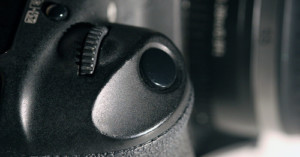
Researchers in Australia are working on developing a thin piezoelectric film that can …

A company called Lytro has just launched with $50 million in funding and, unlike Color, the technology is pretty mind-blowing. It's designing a camera that may be the next giant leap in the evolution of photography -- a consumer camera that shoots photos that can be refocused at any time. Instead of capturing a single plane of light like traditional cameras do, Lytro's light-field camera will use a special sensor to capture the color, intensity, and vector direction of the rays of light (data that's lost with traditional cameras).
[...] the camera captures all the information it possibly can about the field of light in front of it. You then get a digital photo that is adjustable in an almost infinite number of ways. You can focus anywhere in the picture, change the light levels — and presuming you’re using a device with a 3-D ready screen — even create a picture you can tilt and shift in three dimensions. [#]
Try clicking the sample photograph above. You'll find that you can choose exactly where the focus point in the photo is as you're viewing it! The company plans to unveil their camera sometime this year, with the goal of having the camera's price be somewhere between $1 and $10,000...
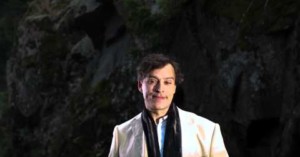
About a year ago, engineer and photo-enthusiast Morten Hjerde began brainstorming ideas for the next generation of photographic lighting …

Even though it seems like the photo sharing market is saturated with services competing for the world's photos, the incredible growth of many young companies (e.g. Instagram) shows that there's still plenty of untapped areas for growth, with mobile sharing being one of the big ones at the moment. A trademark for "Photovine" filed by Google earlier this month seems to suggest that the search giant is looking to expand beyond Picasa.

I’m not sure how useful this would be for most people, but it’s a neat look at the kinds …

Mobile photo sharing star Instagram just announced its 5 millionth member and will …

What if you could take perfect group photographs by first shooting multiple frames and then selecting the best portions …

Apple is looking to make an even bigger splash in the camera market with the photography-related features they've included in the upcoming iOS 5, with one of the huge ones being cloud connectivity. iPhones running iOS 5 will be connected to iCloud, Apple's online backup solution, and every photograph captured will be automatically and wirelessly copied to the cloud and into the user's "Photo Stream". The photos can then be accessed from other computers and devices, and are deleted after 30 days unless moved to a permanent folder.

Swedish Alex Breton spent 11 years and and $10 million developing the PrintBrush, …

Apple recently filed a patent having to do with baking infrared communication capabilities …

Illinois industrial design student Ned Mulka created this Nikon D5R concept camera for his senior thesis design project. While the design itself may be pretty iffy for a camera, the main idea behind it is pretty interesting -- instead of having to rotate the camera itself for portrait orientation photos, why not only rotate the sensor, mirror, and viewfinder? An even crazier design would involve only rotating the sensor, allowing the camera to shoot any orientation without having to change how you hold the camera -- though this would probably be an engineering nightmare for the camera makers.
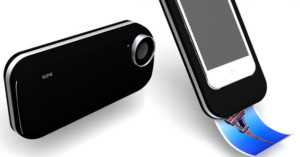
Rather than using traditional instant film that develops on the spot, newer instant cameras are using a special …
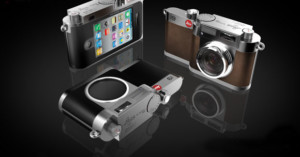
The Leica i9 is a concept camera case dreamed up by design firm BLACK Design Associates for the iPhone 4. Unlike the Slow Photography Camera we shared last week, the i9 is actually an independent camera that simply uses the iPhone as a giant touch screen and as a modem for the web.
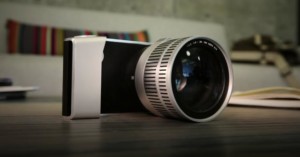
We covered the WVIL (wireless viewfinder interchangeable lens) concept camera at the beginning …
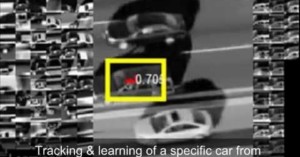
Computer vision PhD student Zdenek Kalal developed a camera called “Predator” that learns …

Update on 12/18/21: This video has been removed by its creator. We may soon be using software that can easily …
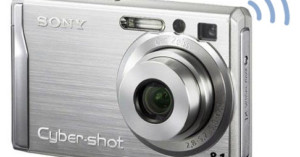
It seems like it’s only a matter of time before compact cameras are made to be directly connected to …
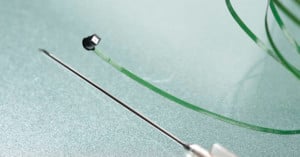
If you had a camera the size of a grain of rice, that would be considered extremely small, but …

If you thought Google Earth was cool, check out the work being done by Swedish corp …